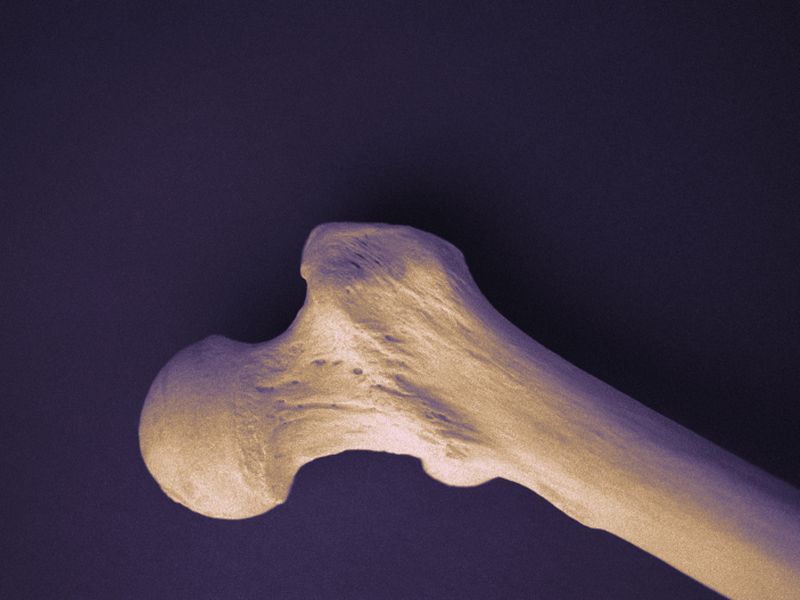A new study led by University of Pennsylvania and Technical University of Dresden scientists has identified an important regulator of this process, a protein called Del-1. Targeting it, the researchers noted, could be an effective way to improve stem cell transplants for both donors and recipients. There may also be ways to modulate levels of Del-1 in patients with certain blood cancers to enhance immune cell production. The findings are reported this week in The Journal of Clinical Investigation.
“Because the hematopoetic stem cell niche is so important for the creation of bone marrow and blood cells and because Del-1 is a soluble protein and is easily manipulated, one can see that it could be a target in many potential applications,” said George Hajishengallis, the Thomas W. Evans Centennial Professor in the Department of Microbiology in Penn’s School of Dental Medicine and a senior author on the work.
Related: Marrow Fat May Affect Bone Mass After Roux-en-Y Gastric Bypass
“I think that Del-1 represents a major regulator of the hematopoetic stem cell niche,” said Triantafyllos Chavakis, co-senior author on the study and a professor at the Technical University of Dresden. “It will be worthwhile to study its expression in the context of hematopoetic malignancy.”
For Hajishengallis, the route to studying Del-1 in the bone marrow began in his field of dental medicine. Working with Chavakis, he had identified Del-1 as a potential drug target for gum disease after finding that it prevents inflammatory cells from moving into the gums.
Both scientists and their labs had discovered that Del-1 was also expressed in the bone marrow and began following up to see what its function was there.


